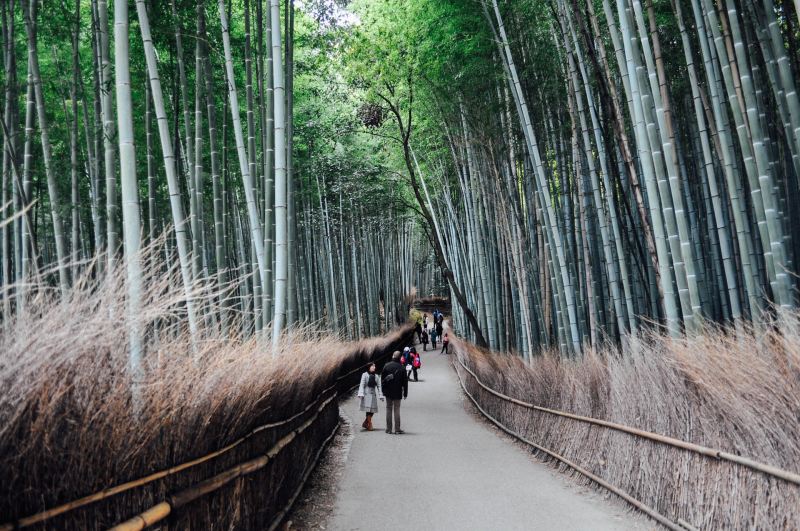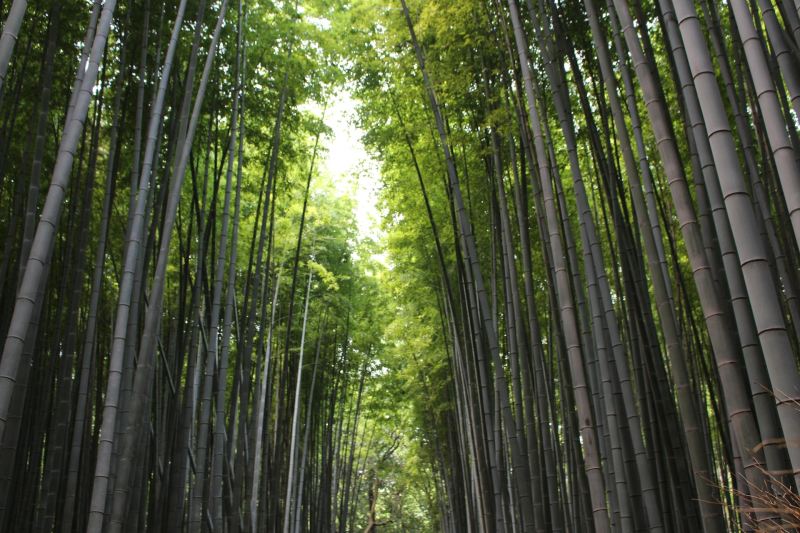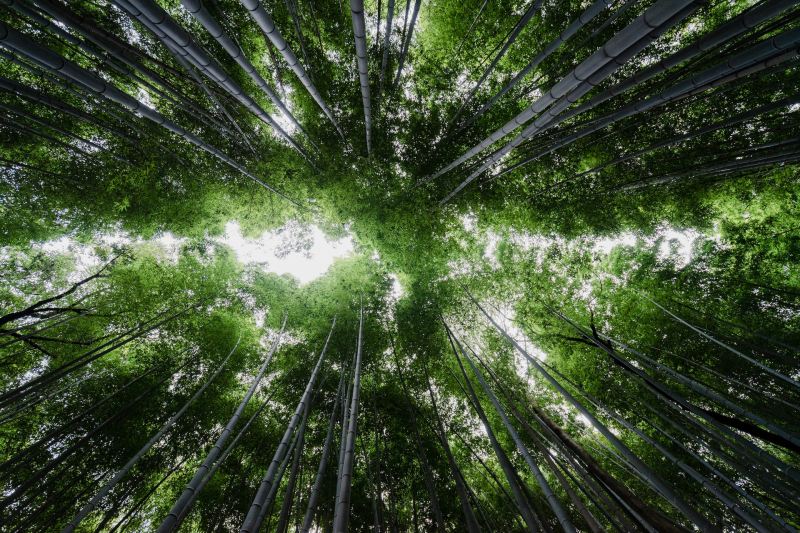
When planning a trip to Japan, people go for the advanced technology, shopping, history, and natural beauty. While cherry blossoms get big credit as a reason to visit, there’s another plant that might throw a curve ball at your travel plans. Here’s why you should hold off on a visit to see The Land of Rising Sun until at least 2028 — all because some finicky bamboo is about to have its moment.

The bamboo causing a scene
The spotlight is on hyllostachys nigra var. henonis, also known as henon bamboo. Normally, catching a star we haven’t been able to see or a species coming back in over 100 years makes us all happy and hopeful. But scientists are wary of this bamboo and its regenerating process because of what happened in 2020.
There has been little chance to study this bamboo
This plant likes to take its time and has a cycle of around 120 years from start to finish, and the next flowering is almost here. Since there is such a huge gap of time in between when this bamboo flowers, dies, regrows, and then starts over, there hasn’t been all that much research done on it. The last time it flowered was between 1903 and 1912, with the majority happening in 1908.
Fast forward to 2028, which is going to be the magical, flourishing year for this bamboo, yet botanists are more worried than excited. In 2020, Hiroshima University researchers noticed a small portion of the bamboo was already flowering and were more than happy to study how it regenerated.
This little bamboo that could, didn’t, and there was not, and has not been, any shoot production since. With no seeds germinating in three years now, it either takes a lot longer to become viable, or the researchers need to come up with a backup plan.

Why this shy bamboo needs to sort itself out
Hearing a plant like bamboo is going to have its first moment in over 100 years sounds like a cause for celebration. And it will be beautiful to watch, we’re sure. Unfortunately, the locals in Japan are not seeing it that way quite so much. Yes, the initial flowering will be a sight to see, and Japan tourism will reach a high, as everyone wants to witness the historical event, but locals are thinking long term, not just about your Japan travel plans.
The effect on the local economy
Bamboo is such a symbol in Japan, and its uses are endless for the local economy. Not only are the physical items that bamboo is made with too many to list, but bamboo is seen as a sign of prosperity and purity. If this bamboo doesn’t grow back, the effects could be harsh for Japan.
Bamboo covers so much land, and when you think about landslides, soil erosion, and effects on vegetation, the results of this bamboo just not growing back for who knows how long could be devastating for Japan’s landscape.
But as no one has seen the flowering of this bamboo in over 100 years, it will be a great reason to get your travel on to Japan to visually feast on this occurrence. We know those pictures of the bamboo in full flower mode are going to be stunning, and no one alive now will see it again, so you might as well capture this once-in-a-lifetime event. If traveling to Japan is on your bingo card for this decade, put it off until 2028 to be a little part of history.



